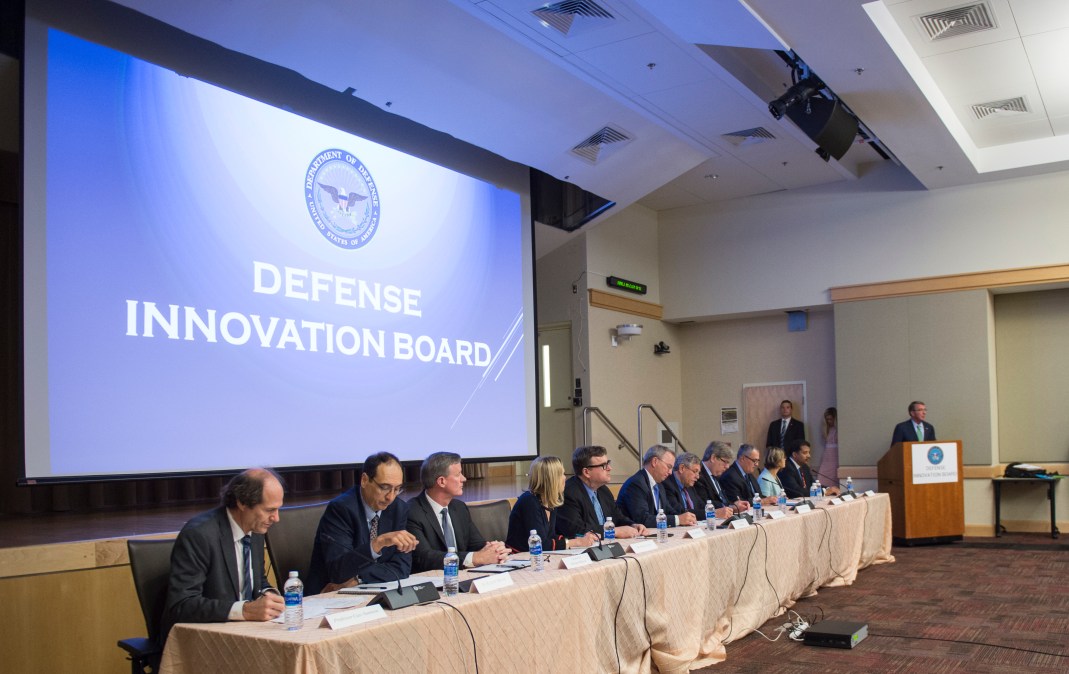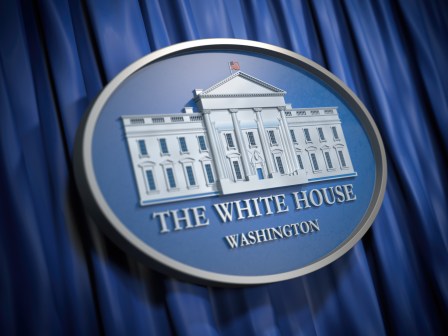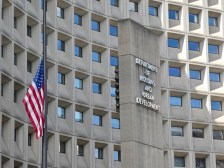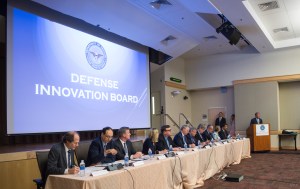What will happen to the plans for a chief innovation officer amid Pentagon changes?

Last year, then-Defense Secretary Ash Carter’s handpicked Defense Innovation Board recommended he create a chief innovation officer position in the Pentagon.
Carter agreed with the recommendation, but he’s no longer around to see the idea into fruition. And now a new presidency and legislation changing the structure of the Pentagon’s leadership may throw into question what actually happens with that advice.
DIB Executive Director Joshua Marcuse said Tuesday at the Pentagon that the discussion about the chief innovation officer and that person’s eventual role is “really integrated” into the National Defense Authorization Act, which mandates a split of the under secretary for acquisition, technology and logistics into two new under secretaries: one for research and engineering, and another for acquisition and sustainment.
The secretary for research and engineering would be considered the department’s chief technology officer,
“So we’re looking at that question,” Marcuse said during a meeting of the board. “But in the meantime, the activities that the board wanted the chief innovation officer to undertake are, I think, actually being done in a variety of places.”
He provided examples, including that the Defense Department chief information officer has partnered with D.C.-area incubator 1776, which “will enable people in the department to have a better look at over 500 startup organizations.”
When asked after the meeting how the AT&L split might affect the chief innovation officer appointment, the board’s chair Eric Schmidt, executive chairman of Alphabet, Inc., was quick to say: “We do not want to get in the middle of how the Pentagon runs itself — that’s outside of our charter.”
In the conversation with reporters, Senior Vice President for Science & Technology at United Technologies Corporation Michael McQuade agreed with that, but added: “Our conceptualization of what a chief innovation officer is is not restricted to R&E — it’s innovation writ large across the enterprise.”
Schmidt noted that the change in structure is still in transition.
“I’m sure that we would be involved in how that comes out, after the leadership makes its decisions,” he said of the process. “Because that’s where a lot of our activity will be. But since we don’t know who the people are yet, the exact responsibilities, it’s hard to speculate beyond that. But I think your instinct is right, there’s something interesting in the R&E position, the chief innovation officer.”
Board progress under Trump?
The board formally approved in January a list of 11 recommendations for the department.
“Now we are in a bit of a pause,” Marcuse said Tuesday, “allowing the new secretary to evaluate all of the recommendations for him to determine how he would like the department to move forward.”
When a reporter later reiterated this idea that some of the board’s ideas are on hold until new Defense Secretary James Mattis and his team are fully in place, Schmidt disagreed.
“That’s not my perception,” he said, adding, “In my conversations, and a couple of other people have had conversations, it’s full speed ahead, that’s what they’ve said.”
Though he acknowledged that there is a transition that has to take place with leadership, he said. “Our board serves the secretary of Defense. So we have a set of rules, we’re told to work on them, and we are busy doing that.”





